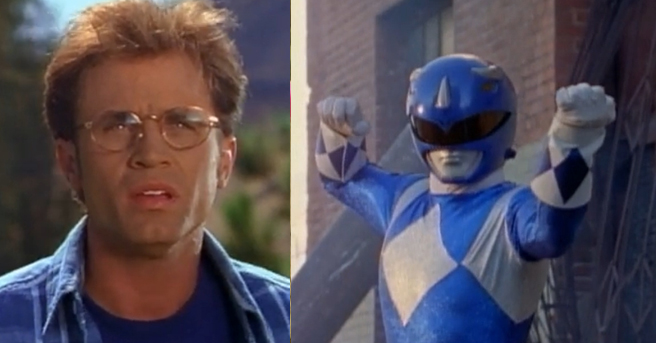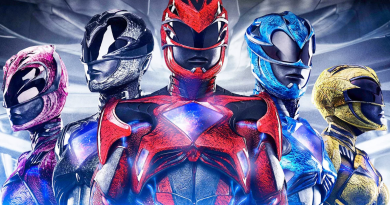Original Blue Ranger Reveals One Thing He’d Change About Billy
Billy is one of the more beloved characters from the original Power Rangers series, and while he’s happy with the legacy he helped build, there is one aspect of the character David Yost might change if given the chance.
Yost played the Billy character through all three seasons of Mighty Morphin and is currently doing his part to help curb bullying as part of DoSomething’s You’ve Got The Power campaign. ComicBook.com had the chance to chat with Yost about the campaign, but also about the series, including what he would change if given the chance.
“The only thing that I would change in, I mean, I should never say this because I have no regrets about the way that I played the character or the character itself, but the only thing that I would change is that I fought for Billy to get quote, unquote, contact lenses. I think that I would have just left him wearing glasses,” Yost said.
Billy changed a great deal during the show, going from a bullied and socially awkward character to someone who was confident and skilled both in and out of costume. Part of that transformation was conveyed through his clothes, giving up the overalls and glasses as his confidence grew.
“That would be the only thing that I would do because, I didn’t realize how much just that little bit, the fact that Billy wore glasses, really helped a lot of people who wear glasses feel good about themselves,” Yost said.
“Though, at least he did it for two seasons and then once the movie came out, Billy got contacts,” Yost said. “I haven’t heard anybody be upset about it, but ‘Oh I wish Billy would have kept his glasses’ does come up, so that would be my only regret.”
Glasses or no glasses, Billy could always count on his friends to stick up for him and step in if he needed help, and that is an important part of the You’ve Got The Power Campaign.
“It is an anti-bullying campaign and it is teaching kids and even us as adults to learn how to speak up against bullying. So often I think so many people see bullying or aren’t sure if it is bullying but kind of have a feeling it is and they are afraid to do something about it. Especially when you are kid and you are still in that adolescent stage, you don’t want to be like the one, the tattle-tale so to speak of the situation, but I think it is so crucial for kids to really learn that it is super important to step up, especially if you see something that is not right. People being picked on, people being made to feel bad about themselves when really it shouldn’t be going on.”
Original article, Matthew Mueller


